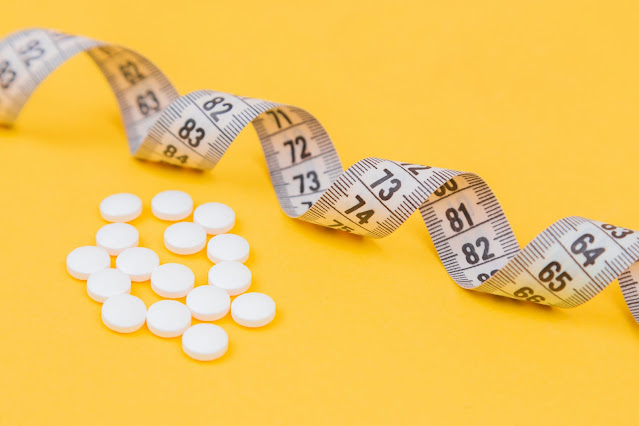How can 10 kg be lost in just 5 days?
1. The first thing you should know is that gaining weight is not necessarily a bad thing! In fact, people who have excess fat often times have less sickness than those who are underweight. So if you’re trying to diet and want to lose some weight fast, don’t panic. Gaining weight is actually normal and can be seen as a positive sign that your body is getting stronger and healthier.
2. You may be wondering what causes weight gain? There are several factors that lead to weight gain and these include:
a) Water retention: When you drink water, it takes up space inside the cells of your body making them swell outwards. Sometimes, people also add extra water to their food, which is basically just sugar water. If you’re not careful with how much water you consume, your body could potentially hold onto more water than it needs, causing water retention.
Breaktast ideas that helped me lose 20kgs and get my dream body!: click here
b) Stress: When we feel stressed, our bodies release hormones called cortisol and adrenaline that cause us to retain calories. Also, being anxious about something can increase the amount of cortisol released. A good way to relieve stress is to exercise regularly or meditate.
c) Fat storage: People who eat high-fat foods tend to store more fat than someone who eats fruits. This is because fats are stored in your belly area and around your thighs, while fruits are stored in your digestive system.
d) Sleeping problems: When you sleep poorly, you don’t rest properly; therefore, your body doesn’t absorb enough oxygen and this causes you to breathe faster. This makes you use more energy and at the end of the day, you’ll find yourself feeling tired even though you didn’t work as hard as usual.
e) Not exercising enough: Physical activity releases the hormone leptin that helps reduce appetite. But as long as you don’t move your muscles, you won’t get rid of any calories you’ve eaten.
f) Eating too much: As mentioned earlier, eating high-calorie foods will make you put on weight. However, eating low-calorie foods can also be problematic. Eating foods that are lower in calorie content, especially refined carbs, will keep your blood glucose levels steady. On the other hand, consuming higher amounts of protein can cause insulin spikes, which lead to fat accumulation. So try to balance your meals and avoid overeating.
g) Alcohol consumption: Drinking alcohol can trigger cravings for sweet treats. Therefore, you might start snacking more frequently. Also, drinking alcohol decreases your metabolic rate, so you’ll burn fewer calories throughout the day.
h) Smoking cigarettes: Cigarettes contain nicotine which stimulates your brain to release dopamine – a neurotransmitter responsible for pleasure and reward. Additionally, smoking reduces the effectiveness of your body’s natural painkillers, so you may experience withdrawal symptoms after quitting.
Click Here =>> To Know How Our World Wide Weight Loss Program Is Transforming Thousands Of Bodies !!
i) Coffee and tea: These drinks contain caffeine, which increases your heart rate, breathing rate, and blood pressure. This then increases your body temperature, but once you calm down, your body starts cooling off again and your blood pressure drops. The combination of the two creates feelings of fatigue.
j) Salt intake: Too much sodium can cause your kidneys to retain fluid, which can result in bloating.
k) Sugar craving: Sugars are addictive because they give you instant gratification, but they will eventually leave you unsatisfied and hungry for more.
l) Diet pills: Taking diet pills requires a regular supply of nutrients, so you’re likely to take in more calories than you need. Plus, diet pills disrupt your hormonal levels; therefore, you may develop acne or suffer headaches.
Visit my YouTube channel for healthy exercises and tips to lose weight fast :click here



Comments
Post a Comment